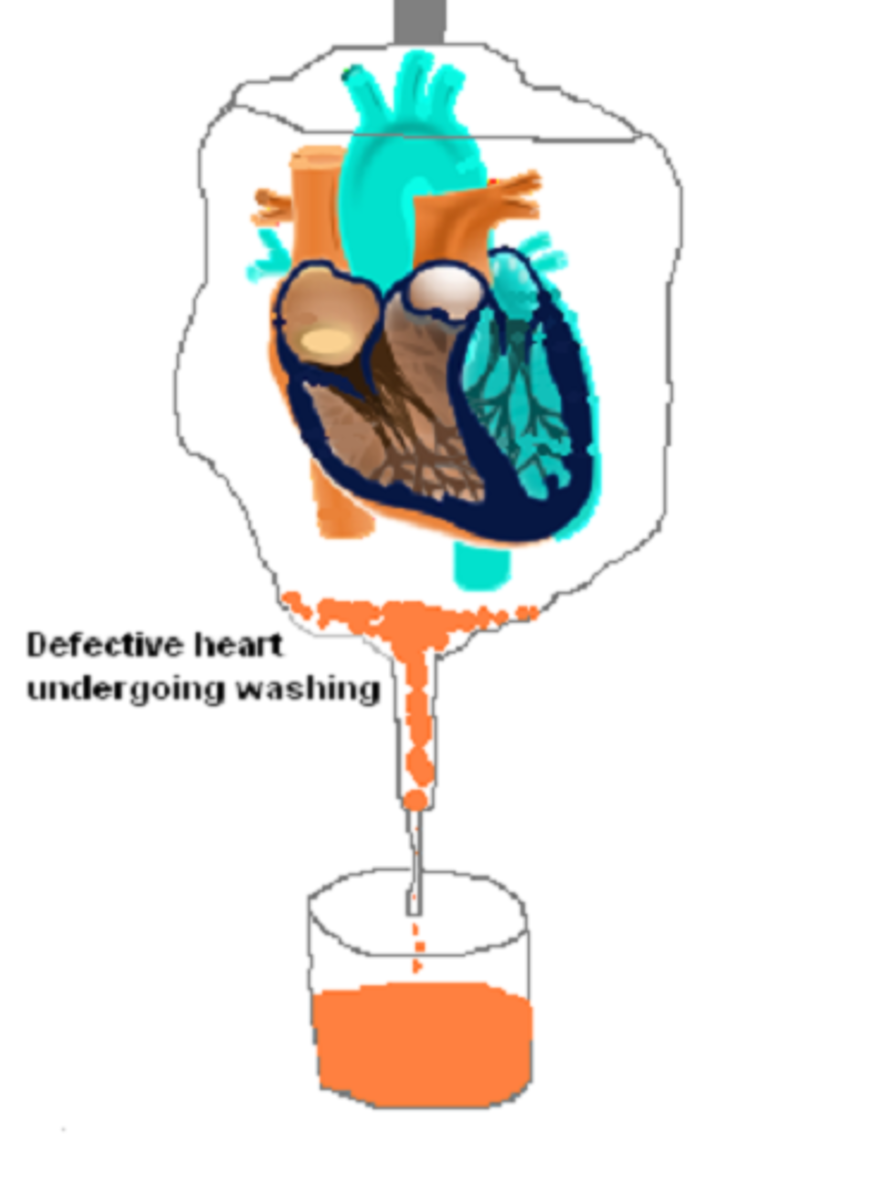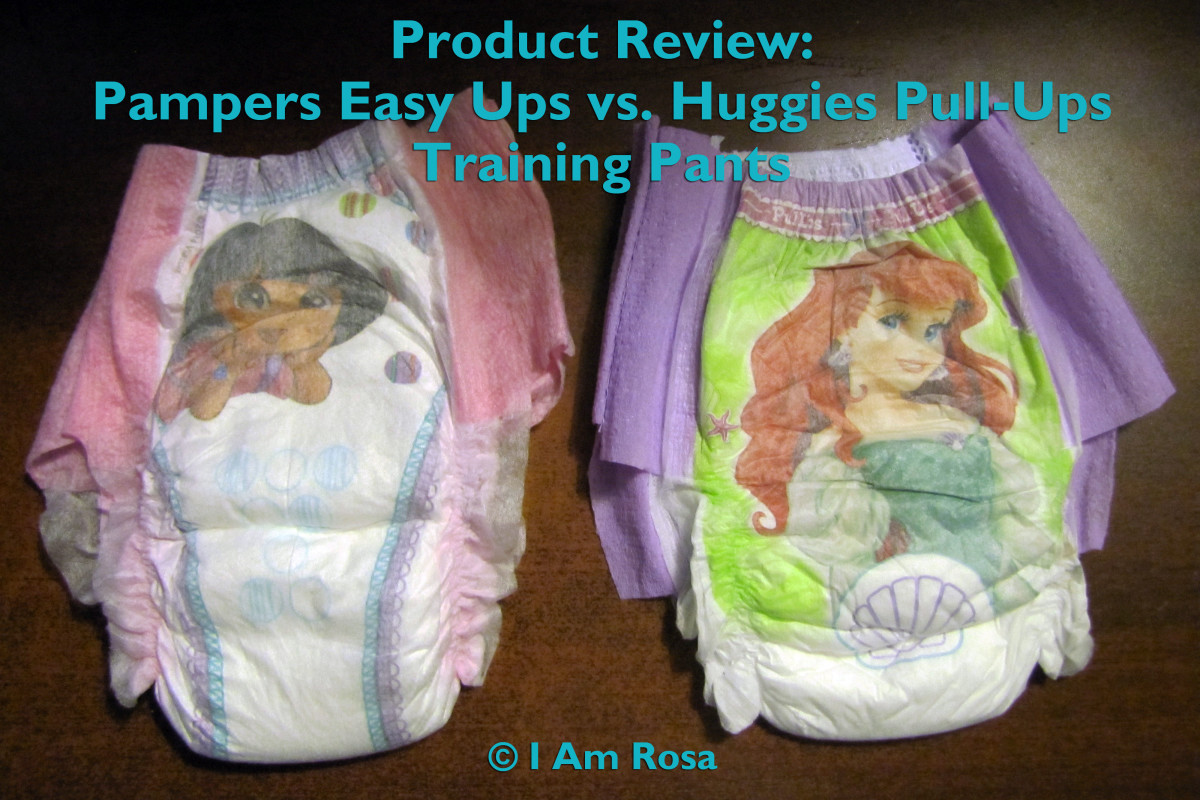Store Umbilical Cord Blood (Unless...)

Umbilical Cord Blood?
Yep. We're talking about a baby's umbilical cord blood that is collected (after birth, of course!) These cord blood cells are not the same as embryonic stem cells from an embryo. The video capsule below titled "Stem Cell Introduction" explains this well.
It is essentially blood from the placenta that happens to be in the umbilical cord on its way out after a baby is born and no longer needs it to survive.
This blood is typically discarded at birth and historically regarded as waste until the 1970s when scientists started investigating whether there was a good use for cord blood.

Stem Cell Introduction
Stem Cell Therapy - The Ethical Dilemma
Cultivating and working with embryonic stem cells is a highly controversial topic. The ethical issues revolve around playing with, interfering or destroying human embryos. The reason scientists are excited about stem cells and stem cell therapy is because these kinds of "master" cells can eventually develop into cells of other types (blood cells, tissues, organs etc).
Saving umbilical cord blood basically means we can take these ethical dilemmas and throw them out the window (with consideration for the environment of course). The cord blood cells are an alternative to embryonic stem cells.
Cord Blood Collection Kit
Cord Blood Storage - The Options
Cord Blood Storage or Cord Blood Banking as it is commonly referred to are terms used to encompass the whole process of donating cord blood and storing it for future use in the treatment of diseases such as leukemia or lymphoma.
There are generally two options when storing cord blood. There is private cord blood banking which involves storing the umbilical cord blood for use by the family at a later date. The cost of storing cord blood privately is in the thousands and there are a number of things to consider, which I'll mention later. The second option is to donate your cord blood for use by the public. This goes on a register as another available source of cord blood stem cells for patients requiring transplants and is free of charge for the donor.
Benefits of Cord Blood Donations
When saving and donating your umbilical cord blood:
- You are doing something wonderful to help someone else in need;
- You are providing an alternative source of stem cells that could save someone's life. The procedure for bone marrow transplants is very painful for both the donor and recipient;
- Once the cord blood is stored, it is essentially "ready for use" immediately. Time usually spent searching far and wide for a matching donor can be reduced or even eliminated;
- There is more opportunity with umbilical cord blood in terms of compatibility;
- It's free if you are donating to a public cord blood bank. Note that donor information is kept private and the public records will only ever contain information about the cord blood sample;
- There are no ethical issues as the umbilical cord and placenta are normally discarded after birth - you're not playing with a human embryo;
An Interesting Fact:
Did you know that some animals (and even humans) eat the placenta?
Disadvantages of Cord Blood Banking
- Private cord blood banking is very expensive. It could be a couple of thousand dollars to extract umbilical cord blood for private donation and over a hundred dollars for storage every year.
- At the moment, if you store it for use for your baby, there is no strong evidence indicating that your own cord blood is any better than that of a matching donor's. (However, your donation could make all the difference for someone else)
- Cord blood extracted from the umbilical cord after birth is only really useful for children. This is because only ~ 180mL is extracted (or available for extraction) which is not enough for adult transplants.
- There is the chance that the cord blood may contain the same disease you are trying to cure, so it may not be able to be used in this case.
- It is a relatively new field with limited research (since the 1970s)
You Should Store Umbilical Cord Blood, Unless...
Considering all of the above information, I've decided it's worthwhile storing your umbilical cord blood for public use as the benefits seem to outway the disadvantages.
The only times I would NOT recommend Cord Blood Banking is if:-
- You can't spare 10-15 minutes right after the birth of your baby. That is, you really have to rush off somewhere or do something really important.
- You are a male human, animal (or both). Or you are a robot or of an alien species. Your cord blood (if any) is unlikely to have any benefit on humans.
- You live near Volterra, Italy as this area is known to contain a large number of vampires which may be attracted to your local cord blood bank if you store it there for long periods.







